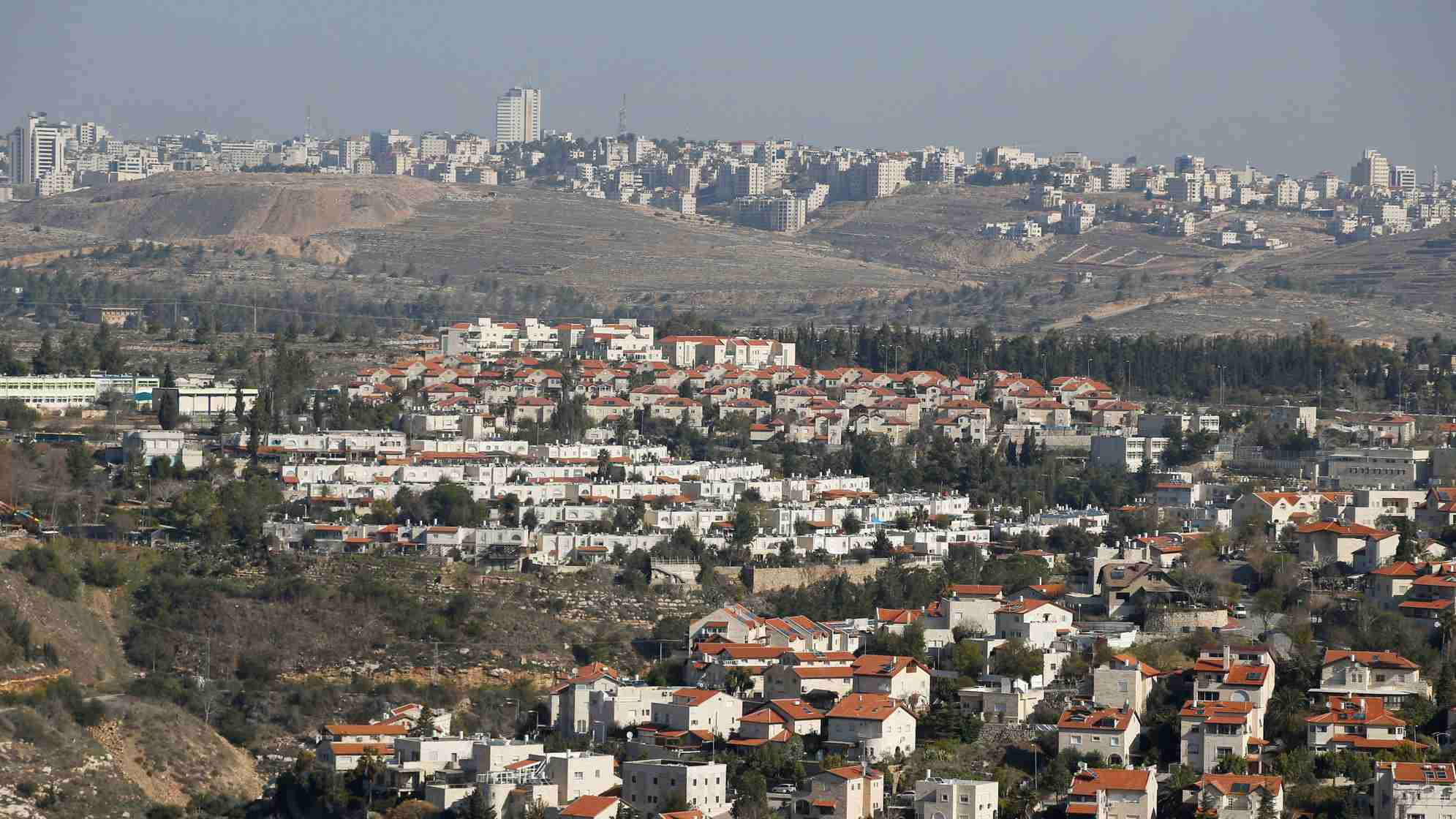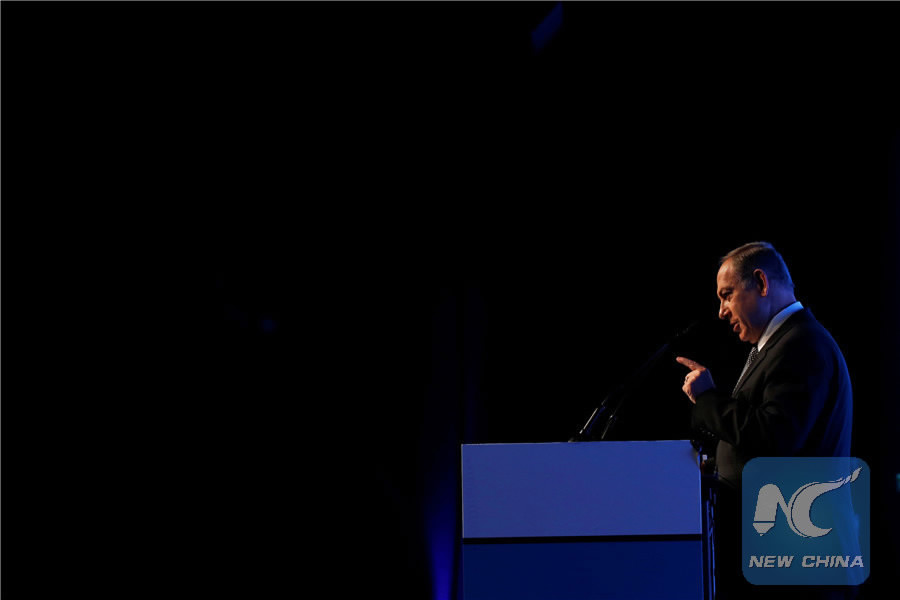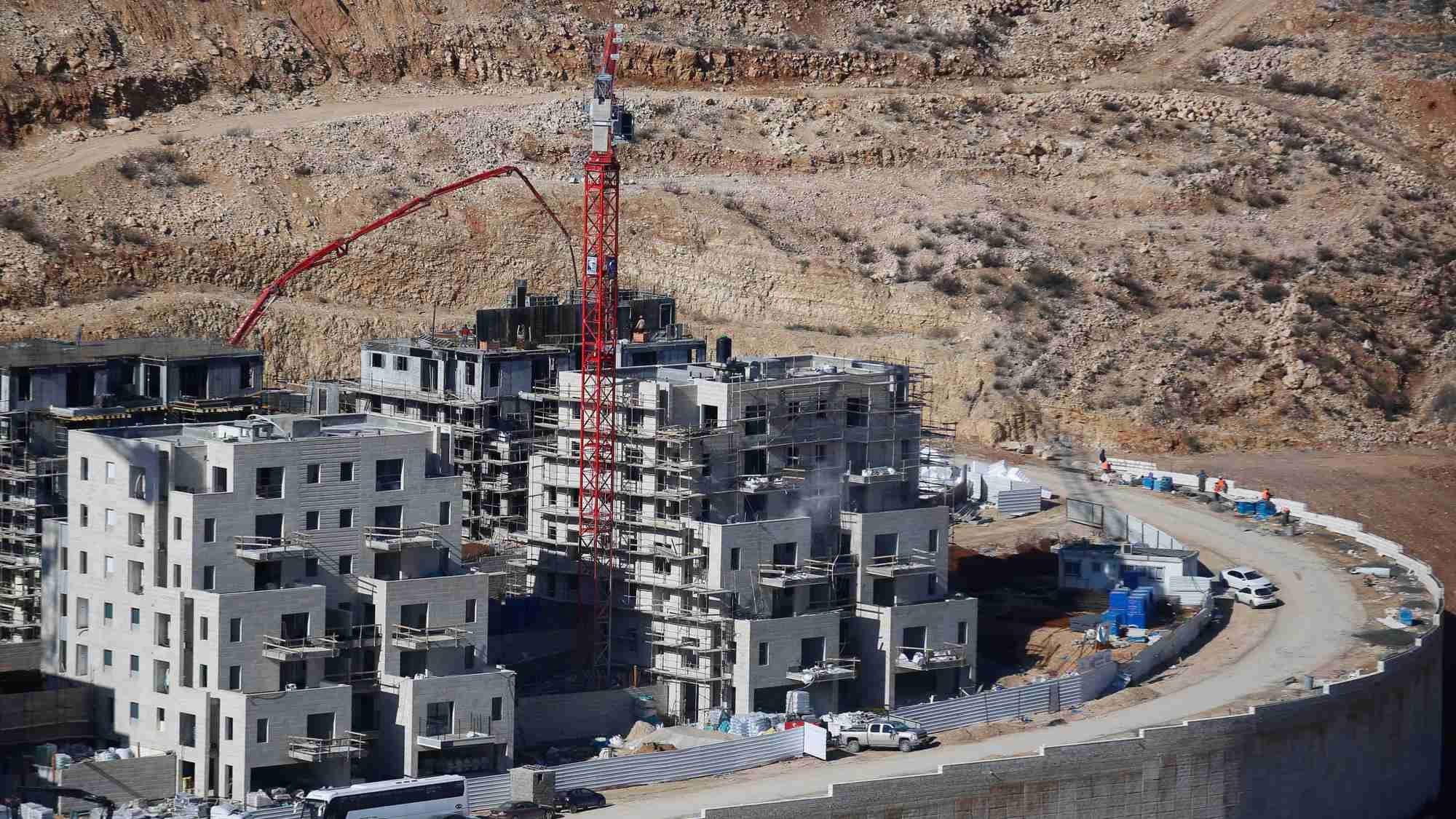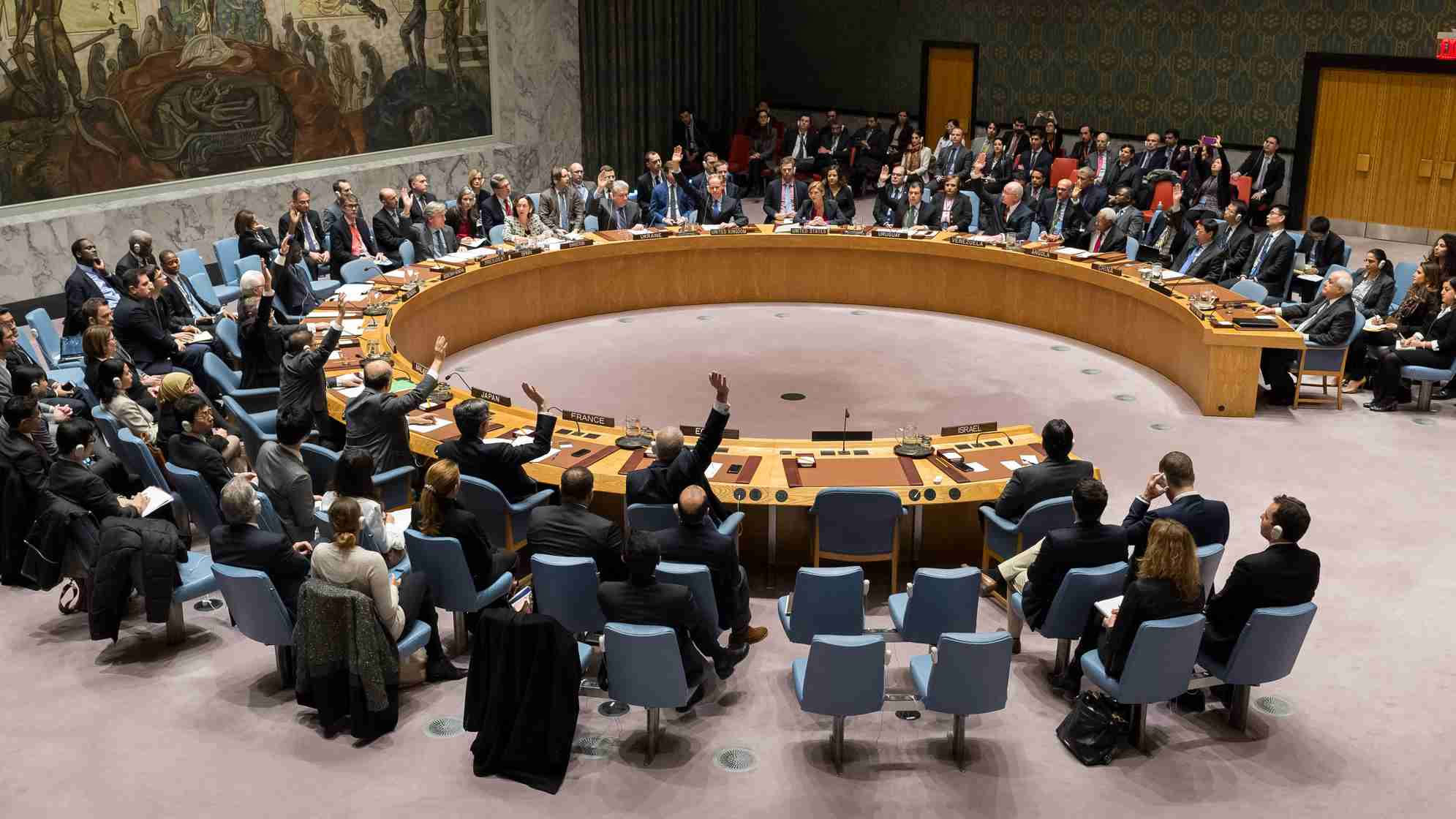
Politics
09:45, 01-Feb-2017
Israel approves 3,000 settler homes in West Bank
Updated
10:39, 28-Jun-2018

Israel approved on Tuesday the construction of 3,000 housing units in the West Bank, amid a spate of settlement expansion in the wake of the inauguration of US President Donald Trump.
According to a statement from Israeli Defense Minister Avigdor Lieberman and Prime Minister Benjamin Netanyahu, the approval is "part of returning to normal life" in the West Bank, after some construction projects were put on hold during the term of Barack Obama's administration.

Israeli Prime Minister Benjamin Netanyahu delivers a speech at a cyber security conference in Tel Aviv, Israel, January 31, 2017. /Xinhua Photo
Israeli Prime Minister Benjamin Netanyahu delivers a speech at a cyber security conference in Tel Aviv, Israel, January 31, 2017. /Xinhua Photo
The statement was released hours before the expected eviction of the illegal Jewish outpost of Amona, east of Ramallah, and was widely viewed by local media as a way of appeasing hardliners in favor of settlements.
The new approval was given to construction projects throughout the West Bank, including 150 units in Pisgat Ze'ev, a settlement neighborhood of Jerusalem, 650 units in Beitar Illit, east of Jerusalem, 700 units in Alfey Menashe in central West Bank, and 650 units in Beit Aryeh in northern West Bank.

Israeli settlements under construction on Palestinian land in Jerusalem, on December 29, 2016. /CFP Photo
Israeli settlements under construction on Palestinian land in Jerusalem, on December 29, 2016. /CFP Photo
About 2,000 units are ready to be marketed immediately, and the rest are in earlier stages of review by planning and construction committees, the statement said.
Last Tuesday, days after US President Donald Trump was sworn into office, Lieberman and Netanyahu gave the green light to 2,500 other housing units.

US Ambassador to the UN Samantha Power raises her hand to indicate the US's abstention in the vote on December 23, 2016 in New York. The vote occurred one day after a cancelled vote by the Security Council on a draft resolution by Egypt condemning Israeli settlement policies in Gaza and East Jerusalem. /CFP Photo
US Ambassador to the UN Samantha Power raises her hand to indicate the US's abstention in the vote on December 23, 2016 in New York. The vote occurred one day after a cancelled vote by the Security Council on a draft resolution by Egypt condemning Israeli settlement policies in Gaza and East Jerusalem. /CFP Photo
"We are in a new era in which life in Judea and Samaria goes back to the normal track, and from now on we give a proper response to the needs in that area," Lieberman said in the statement.
The settlements are illegal under international law because they are built on lands seized by Israel in the 1967 Six Day War, where the Palestinians wish to form their future state.
The former US administration criticized Israel's continuous expansion of settlements, which it considered as a major obstacle to peace.
(Source: Xinhua)
433km

SITEMAP
Copyright © 2018 CGTN. Beijing ICP prepared NO.16065310-3
Copyright © 2018 CGTN. Beijing ICP prepared NO.16065310-3